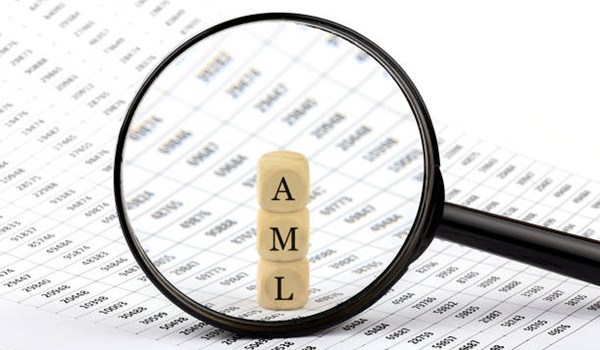President Donald Trump delivered a fiery speech at the World Economic Forum in Davos, where he sharply criticized the European Union’s treatment of American tech giants such as Apple, Google, and Facebook. His remarks, filled with a robust defense of American business interests, highlight the escalating tensions between the US and the EU on economic and regulatory matters.
“Hidden Taxes”!
In his address, the newly inaugurated president described the hefty fines levied by the EU as a form of hidden taxes. He spoke about Apple’s case, criticizing the billions of dollars in back taxes due to the well-known dispute over tax arrangements between the company and Ireland. Furthermore, he suggested that these cases were partly motivated by the company’s country of origin, rather than the actual circumstances.
They [the EU] made 15 or 16 billion dollars from Apple. They’ve taken billions from Google. And now, they’re going after Facebook for even more billions. These are American companies. Whether you like them or not, they are our companies, and they shouldn’t be targeted in this way. To me, it looks like a disguised tax.
Strained Economic Relations Ahead
Beyond tech companies, the White House incumbent also criticized the EU’s trade policy, which he considers detrimental to US interests and worse than China’s. The EU treats us very, very unfairly. We have trade deficits of hundreds of billions of dollars with Europe. It can’t go on like this, and we will take steps to address it.
He also mocked the extremely slow pace of European procedures, noting that he had given up on a trade deal because it would have taken too long to get approved.
These statements fit perfectly with the protectionist rhetoric he employed during his electoral campaign. Donald Trump has led trade wars and imposed tariffs to protect American businesses, openly criticizing the practices of foreign trade partners. However, this stance has elicited mixed reactions.
In response, some observers have pointed out an apparent inconsistency, or even hypocrisy, criticizing the EU for protectionist actions that he himself has undertaken for the USA. Critics highlight the tension between defending national economic interests and adhering to international trade rules. Trump’s statements in Davos especially show that he does not intend to ease the pressure on the EU, which could further complicate transatlantic relations in the coming years.



